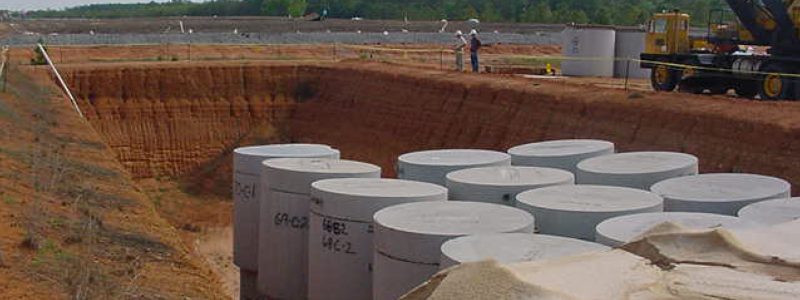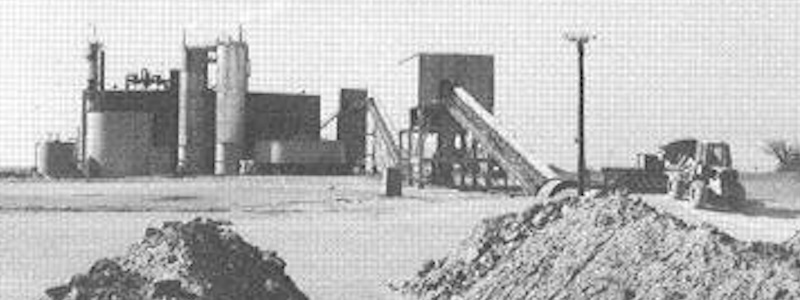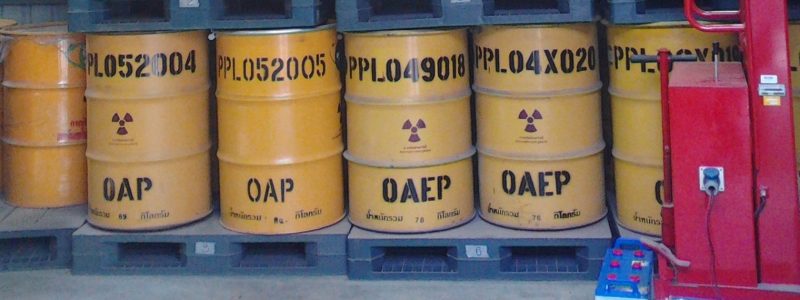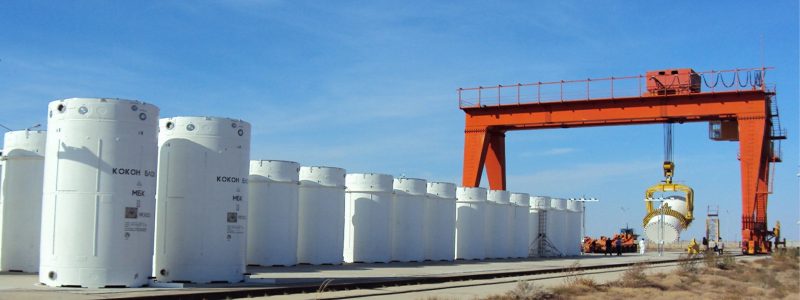The case for caution on a nuclear future
By John Burrows and Big Wind Carpenter
IN THE LAST YEAR, we’ve heard a lot about Wyoming’s “nuclear renaissance.” With industry’s narrative leading the messaging, it’s hard to tell exactly how much is hype versus reality. But something does feel different about the conversations happening today around nuclear energy.
Things are moving rapidly in a new direction, which will likely have significant impacts on Wyoming. Now is a critical time to be paying attention, asking questions, and advocating for the best interest of our communities and state. It’s important that we slow down and look before we leap headlong into a nuclear future we can’t undo.
A confluence of political, economic, and logistical factors are driving the resurgence of nuclear discussions in Wyoming:
The U.S. is experiencing a significant increase in demand for electricity, driven largely by the expansion of data centers and artificial intelligence. Estimates vary, but in general energy demand is predicted to rise 1.5–2% per year over the next 20 years.
Many of the same companies, industries, and investors that are increasing electricity demand are also seeking ways to reduce emissions.
In June, the Trump administration issued four new executive orders to expedite the testing and permitting process for new nuclear technologies (including the TerraPower nuclear reactor in Kemmerer) and reforming the Nuclear Regulatory Commission.
The recently passed federal budget maintains many important subsidies for nuclear energy development, while repealing subsidies for renewables and other forms of energy generation.
Wyoming has the nation’s largest recoverable uranium ore deposits, along with ample open land, a skilled energy workforce, and a favorable tax environment, making it attractive to industry.
What does this mean for Wyoming, and what do communities need to be thinking about to prepare?
Communities need a clear, accurate understanding of what would happen to radioactive waste generated in Wyoming. If Wyoming develops nuclear energy, Wyoming will have to deal with the by-products — high-level radioactive waste. This is critical to understand because currently the United States has no permanent repository for this waste. Nuclear waste generated in Wyoming will stay here for decades, or longer, as we wait for a federal solution.
New technologies mean new challenges. Demonstration reactors, such as the TerraPower reactor, are first-of-their-kind projects and use different types of fuel and cooling sources than existing commercial nuclear plants. Similarly, small modular reactors pose new and unprecedented transportation, safety, and security risks. These must be thoroughly considered at local and state levels before opening the door to nuclear development.
Decision makers must understand the actual cost of nuclear energy — and not just the financial cost (which is very expensive), but also the environmental and social costs. The implications of introducing this new industry are multi-generational and far-reaching. We must consider long-term impacts and how projects would be decommissioned, bonded, and managed if new start-up companies fail to live up to their hype.
The state, local communities, and tribes should be in the driver’s seat. Wyoming’s decision makers must look beyond the bullish predictions of industry and the federal government, which has sweeping regulatory authority and oversight. New proposals must be evaluated objectively and address the fears and concerns of local communities. Siting should be consent-based, and agreements must prioritize the well-being of the communities that will host these projects for generations.
We must understand and learn from our country’s legacy of nuclear energy. The nuclear industry has made mistakes in the past, and many deep scars remain — not only on our landscapes, but also in the families and communities that have shouldered the burdens and harms of this type of energy production over the years. Humility, thoughtfulness, and trust are needed now. Many Wyomingites are appropriately skeptical of these projects. The burden to prove otherwise should not be on those most vulnerable.
With the pressing need to reduce emissions from electricity production, new nuclear energy projects might very well have a place in our state’s future. But if the terms and conditions of Wyoming communities are not being met, leaders must also have the courage to reject industry’s sales pitch. Now is the time to slow down, ask the right questions, and develop proactive policy to guide development on Wyoming’s terms.
Image: Courtesy of Nuclear Regulatory Commission




